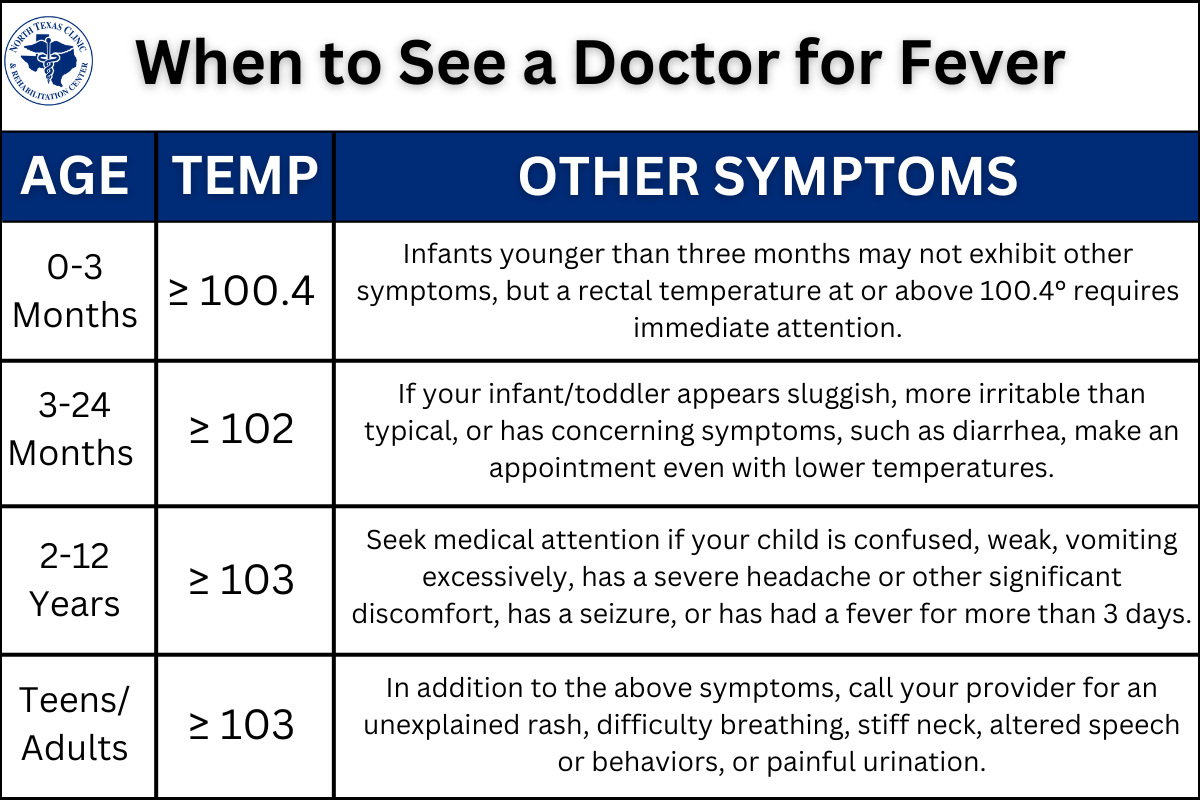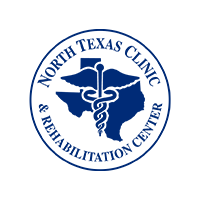For many in our community, healthcare feels out of reach. Between paying rent, buying groceries, and managing daily expenses, a visit to the doctor is often pushed to the bottom of the list, especially for preventive care. However, specific symptoms and conditions tell you when to see a doctor, no matter your financial situation.
Our affordable healthcare clinic provides low-cost services so you can get the care you need without jeopardizing your financial stability.
While many sicknesses may be safely and efficiently managed at home, others require medical attention. Understanding the difference can not only help you avoid serious illness but also save you money by identifying when you can safely skip the visit.
Even more than illness, preventative medicine often isn’t a priority when money is tight or you don’t have insurance. However, regular checkups are essential for a long and healthy life. Plus, it can be more affordable than you think.
More than anything, taking care of your health shouldn’t be a financial burden. We’re here to help when you need it.

When to See a Doctor for Serious Symptoms
With a simple cold or stomach bug, most people can safely manage their symptoms at home. Even with something like the flu, seeking medical care might not be necessary if you are otherwise healthy. (Although, if you don’t know for sure, it’s always best to visit your healthcare provider or an urgent clinic for testing!)
That said, some symptoms require quick and sometimes immediate medical attention.
Knowing when to see a doctor can be the difference between managing a condition early and dealing with life-changing consequences later.
Emergency Care Symptoms
If you or someone you know exhibits any of the following symptoms, call 9-1-1 or, if safe to do so, take them to an emergency room as soon as possible.
- Severe or Sudden Pain — Never ignore intense pain in your chest, abdomen, or head. Chest pain could be a sign of heart problems, while sharp abdominal pain might indicate appendicitis or other critical issues. A severe headache could be the result of a stroke or an aneurysm. Knowing when to see a doctor for these symptoms is crucial.
- Difficulty Breathing — Breathing issues, like shortness of breath or wheezing, could point to asthma, lung infections, or even heart problems. If you have chest tightness or wheezing but can still breathe, see your healthcare provider as soon as possible. However, if the tightness is so severe that you can’t draw or expel a full breath or attempting to breathe causes intense pain, call 9-1-1 immediately.
- Changes in Vision, Speech, or Movement — Sudden vision changes, speech issues, or difficulty moving parts of your body may be signs of a stroke, and it’s essential to see a doctor right away.
- Bleeding That Won’t Stop — Uncontrolled bleeding can be dangerous, even from a small cut. If you are on medications that prevent clotting, have a clotting disorder, or are bleeding profusely from an injury or orifice, call 9-1-1.
- Head Injury — A minor bump to the head may not seem serious, but any head injury that causes dizziness, slurred speech, seizures, a rapidly growing headache, vomiting, bruising, or loss of consciousness requires immediate care.
Non-Emergency Care Symptoms
These symptoms may indicate conditions that should be evaluated by a medical professional, but they typically don’t require emergency room care. Schedule an appointment with your healthcare provider if you or a family member has any of the following symptoms.
- Unexplained Weight Loss — Losing weight without trying could be a sign of diabetes, thyroid issues, or even cancer. If you’re unsure when to see a doctor for symptoms like these, it’s best to get checked early.
- Chronic Fatigue — If you’re feeling unusually tired for an extended period, it may be a sign of anemia, thyroid disorders, or mental health issues. It’s important to seek medical advice if you’re unsure when to see a doctor for persistent fatigue.
- Ongoing Pain — Nobody should have to live with pain. Regardless of what caused the pain, from a workplace accident, a fall, or simply age, talk to a healthcare provider. Ongoing, persistent pain impairs your quality of life, not to mention that it could be a sign of a more severe injury than you think. If pain isn’t treated with medication or lasts longer than a few days, get it checked out.
- Persistent Fever — A fever is your body’s natural defense against infection. Often, a fever can be left to resolve on its own and only treated if it causes discomfort. However, long-lasting fevers, high temperatures, and corresponding symptoms may require a healthcare provider’s attention. The higher the fever or the more severe the symptoms, the quicker you need professional help. The chart below can help you decide when a fever requires a doctor’s visit.
Other symptoms, such as general fatigue, sore throat, cough, sinus problems, and loss of smell, may indicate various conditions that should be diagnosed. Getting tested for the flu, COVID-19, and other conditions is important, even if they aren’t directly treatable.
When you and your healthcare provider understand what you’re dealing with, they can help you treat symptoms or the condition more quickly. Plus, testing rules out other, more serious conditions.

Preventative Healthcare for a Healthier Life
Preventative care helps catch health problems early, avoiding more costly treatments down the line. However, paying for routine tests can be complicated, especially when other responsibilities seem more critical.
But your health is the most important thing you have!
Our affordable healthcare clinic offers low-cost laboratory services and check-ups to ensure that preventative screenings fit into your budget. For those with insurance, most annual check-ups and tests are covered with no out-of-pocket costs.
With or without insurance, staying on top of your health is imperative. The following preventative tests will help you stay healthy for yourself and your family.
- Blood Pressure Screenings — High blood pressure often shows no symptoms but can lead to heart disease or stroke. Regular screenings help manage this silent risk.
- Cholesterol Testing — Cholesterol levels are a major indicator of heart disease risk. Regular testing will catch unhealthy levels early, allowing you to treat it and keep it from getting worse.
- Diabetes Screening — Early detection of diabetes can prevent severe complications. If you have risk factors, including family history, obesity, and age, regular screenings are vital.
- Routine Blood Work — Routine blood tests can reveal issues like anemia, liver or kidney problems, and much more. Regular check-ups can help catch problems before they escalate.
- Cancer Screenings — Although we cannot provide most cancer screenings in our clinics, they are a necessary part of preventative health. The most common cancer screenings include mammograms, colonoscopies, CT scans, prostate exams, and Pap smears, which we do perform here.
- Vaccinations — Vaccines help prevent serious illnesses, such as the flu and pneumonia. Staying up-to-date with vaccinations is a simple and effective form of preventative care. If you are unsure of which vaccines you need or where to get them, talk to your healthcare provider.

Knowing When to See a Doctor is Crucial for Your Health
At our affordable healthcare clinic, we’re committed to providing low-cost medical services without compromising quality. Whether you’re coming in for an urgent issue or scheduling a preventative screening, we’ll work with you to ensure the care you need fits within your budget.
We believe healthcare is a necessity that should be available to everybody, and we’re here to support you in maintaining your health without sacrificing financial security. Not only that, but there may be more options to help you get the care you need. Insurance covers some or all of your healthcare needs. And if you were injured at work or through no fault of your own (as in a personal or auto accident injury), you may not have to pay out-of-pocket at all.
Knowing when to see a doctor and prioritizing acute and preventative care are key to living a long, healthy life. Don’t wait until it’s too late. Reach out to us today to schedule an appointment. We’ll make sure your health needs are met, no matter your financial situation.






